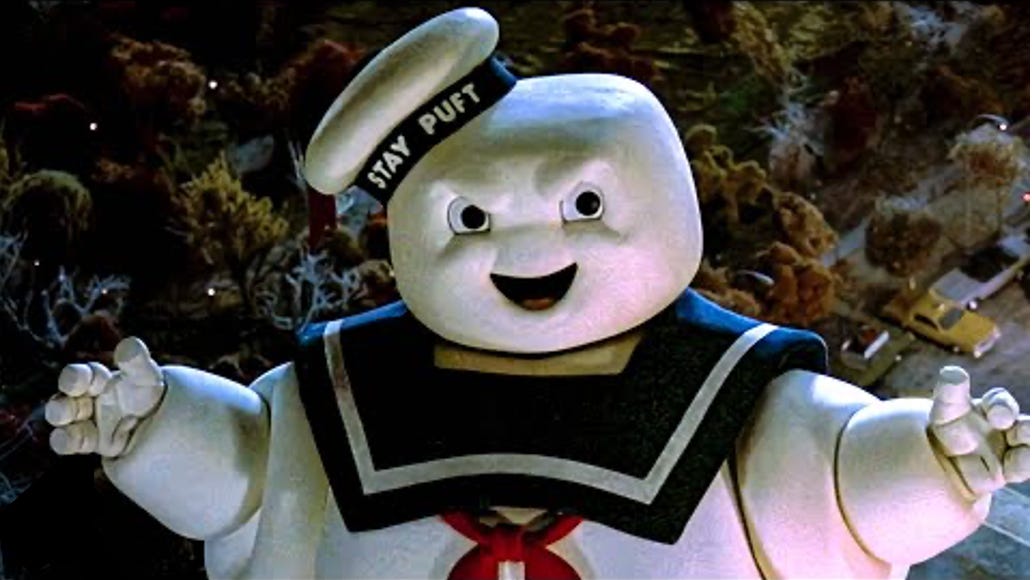Again, apologies, I thought the whole article was available, I didn't realize it had a paywall.
Ted lists the value of local critics, which have largely disappeared, this crosses over almost exactly to the value good audio reviews have in our niche industry. Some quotes I believe applies here:
- Local critics keep nightclubs, theaters, and other venues alive.
- They give visibility to local talent that would otherwise get ignored.
- They help people find artistry in their own neighborhoods.
--------
(2) The notion that hardass, brutal criticism will fix this mess is a joke.
The most significant role for a city newspaper critic is celebratory—and is focused on building the creative community, not destroying it. Slash-and-burn tactics are rarely appropriate.
These local newspaper critics were (before they disappeared) usually friendly, caring people and they wanted culture to flourish in their cities. So every day they were doing something to support the scene, and their cumulative impact over the years was enormous.
----------
You can’t get hired as a judge until you have devoted decades to studying the law. But a critic is also a kind of judge, even though there’s no credentialing or formal requirements whatsoever.
I know this is an unpopular view, but I stick by it: If you want to be a critic, you should take the vocation seriously—just as seriously as a doctor does medicine, or a pro athlete does training. Just winging it on
vibe isn’t enough.
-------
I said above that local city critics need to celebrate and support the ecosystem. But even the most elite critics with the largest, most universal outlook should cultivate a similar softness and receptivity.
Too many of them are too cool for school. They strut and preen as if the critic is the main show, and not just a helpful accessory.
And now let me tell you a nasty secret. Brutal takedowns get published because they get readers into a frenzy—the audience enjoys the blood sport. It’s not much different from bullfighting or crashes on the NASCAR circuit. They are usually self-serving, designed to boost the critic, not the art form.
I don’t want to forbid harsh criticism. On rare occasions, it might be necessary. But its value has been exaggerated—it’s mostly a spectacle.








